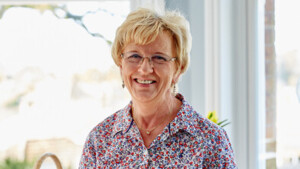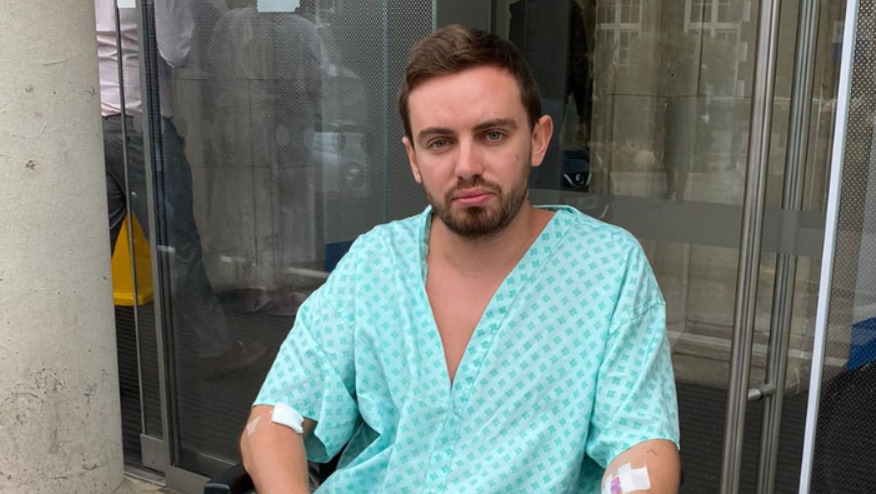Motivation for advocacy and giving others a voice
Faaria has had some difficult experiences while receiving treatment for indolent follicular lymphoma, which is a slow growing type of non-Hodgkin lymphoma. She says some of theses experiences have ‘haunted’ her. One registrar spoke over her head and asked her husband’s permission to examine her. Others came into the room and assumed she couldn’t speak English because of her name
She wasn’t listened to when she felt the chemotherapy she was receiving was having an adverse effect on her. It turns out she was intolerant and had been left with peripheral neuropathy, which still affects her to this day.
“The only reason I mentally survived that was because of my Macmillan nurse, what she did for me and how she empowered me and helped the whole family.”
A moment that influenced Faaria to help others was when an elderly patient was having the same symptoms of intolerance to chemotherapy treatment as she had but was dismissed due to his age. “I know he suffered and continued to receive the drug that caused the peripheral neuropathy. He never recovered from that where I only had one dose of the drug and although I’ve still got it [peripheral neuropathy], it’s nowhere near as bad as it could have been.”
Standing up for others
Faaria says it’s experiences like this that motivate her to speak up for others.
She sought out a support group following her experiences: “that sparked something in me to make me think, well, if I could get involved, I could perhaps stop someone going through what I went through.”
The barriers she has faced due to her ethnicity and chronic conditions has led her to take part in patient advocacy work. She is now a patient advocate at York Hospital, has been a committee member for Cancer Research UK and for the National Institute for Health and Social Care research. She has advocated preparing an anti-racism toolkit for the NHS and was a patient advocate for the Hope Course as well.
Faaria explained that because she is Muslim, part English and part Jamaican she has different insights and perspectives to others and understands the connection between being multi-ethnic and being misunderstood.





